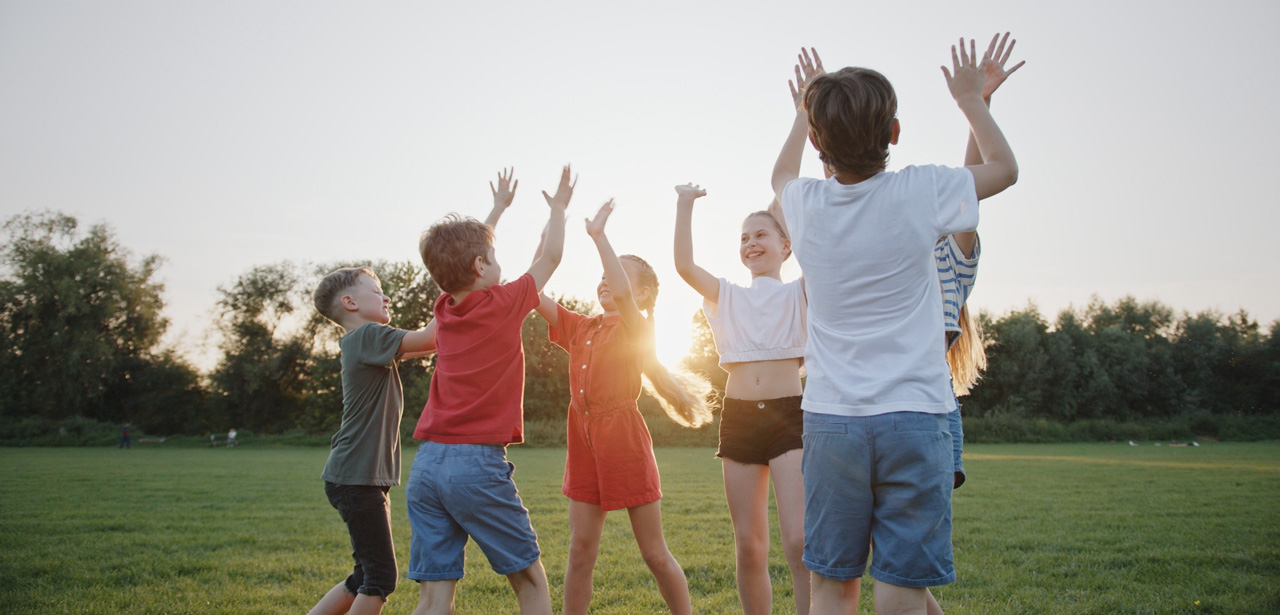Few studies have explored the psychological consequences of terrorism on volunteer rescuers. We examined the psychological characteristics of volunteer rescuers after the January 2015 terrorist attacks in France. We analyzed the results of the IMPACTS study regarding the somatic, psychological, and social characteristics of the French Red Cross volunteer rescuers who intervened during these terrorist attacks. We used a standardized questionnaire during a face-to-face interview, 6 to 9 months after the attacks. Forty-one volunteers were included. Nine were presenting anxiety disorders, 11 were displaying recurrent depressive episodes, and five were displaying abusive alcohol consumption. Twenty-seven were provided with a debriefing after their intervention. Half of the most exposed volunteers had no contact with mental health professional 9 months after their intervention. A healthcare protocol, covering short-, medium-, and long-term care, should be systematically proposed to volunteer rescue workers to minimize the risk of chronic psychic posttraumatic disorders.
Auteur : Meudal Julie, Vandentorren Stéphanie, Simeoni Laurent, Denis Céline
The Journal of Nervous and Mental Disease, 2020, vol. 208, n°. 5, p. 413-417


